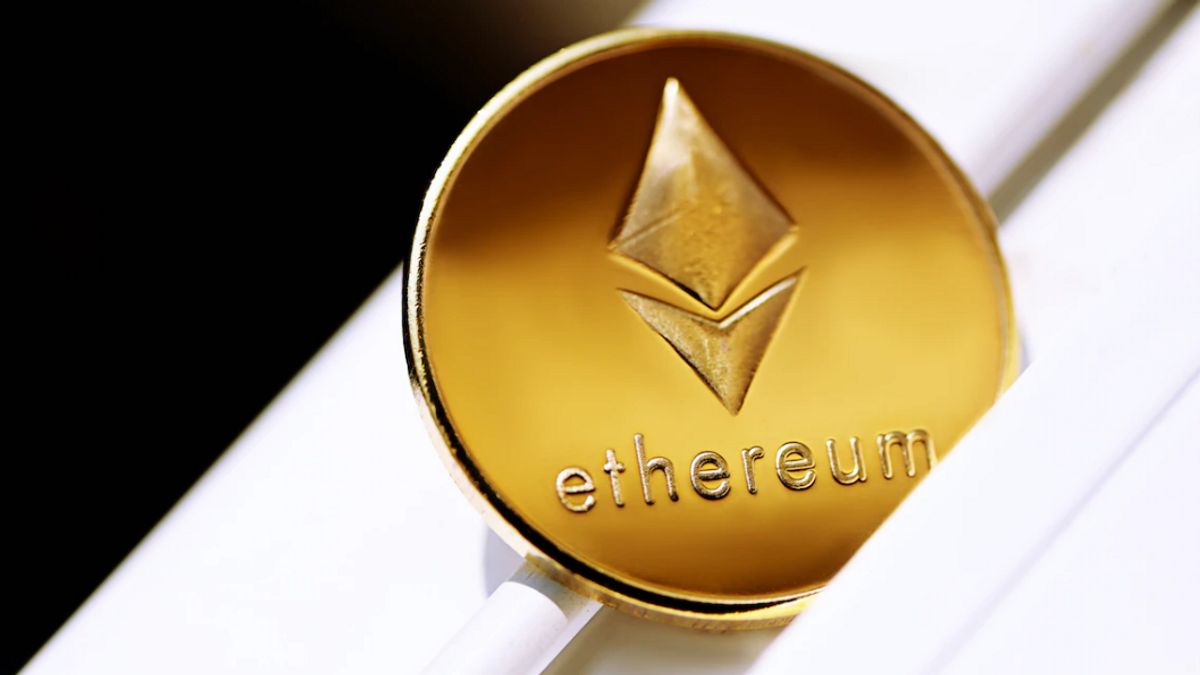JAKARTA - Recently, Ethereum founder Vitalik Buterin revealed that there is a backdoor inside the Ethereum blockchain. The statement sparked debate in the crypto community over the decentralization rate of Layer 2 projects such as Arbitrum and Optimism.
Buterin revealed that all of Layer 2's scaling and rollup solutions have backdoors within the Ethereum blockchain, having created doubts about the decentralization claims of these projects.
Buterin explained that project developers and owners have access to multi-ticket wallets (multi-sig), which allow them to change the protocol.
Although this backdoor could be considered a "reserved wheel" for the Ethereum blockchain, it has sparked ideological debate among crypto enthusiasts. Some advocates argue that this mechanism is important as a form of security, while other groups call for irreversible and fully decentralized protocols.
اقرأ أيضا:
Layer 2 Protocol Vulnerable
Layer 2 project critic and crypto expert Chris Blec support Buterin's statement. He called the projects "bank 2.0" and argued that these protocols might be affected by regulation.
Interestingly, even the largest stablecoins in the Ethereum ecosystem, such as USD Tether (USDT) and USD Coin (USDC), have central controls that allow their management teams to freeze assets in response to security threats.
"Like they call it temporary, in reality, the back door remains there," wrote Chris Blec (@ChrisBlec) on August 14, 2023.
However, this backdoor carries a centralized risk, which goes against the basic principles of blockchain technology. However, removing the backdoor can also result in new vulnerabilities. In these difficult situations, the crypto community faces challenges that affect the future direction of Ethereum.
Although Layer 2 projects offer a lower increase in efficiency and transaction costs, questions about the decentralization rate are still surfaced as a result of a backdoor' accessible to developers.
As a result, the debate over the balance between security and centrality in the crypto world continues. Thus, the upcoming challenges for Ethereum and Layer 2 scaling solutions may involve tighter oversight and potential implications of regulation.
The English, Chinese, Japanese, Arabic, and French versions are automatically generated by the AI. So there may still be inaccuracies in translating, please always see Indonesian as our main language. (system supported by DigitalSiber.id)
















